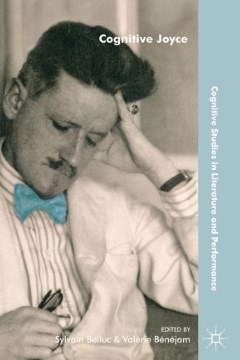Repository | Book | Chapter

(2018) Cognitive Joyce, Dordrecht, Springer.
Intentionality and epiphany
Husserl, Joyce, and the problem of access
Jean-Baptiste Fournier
pp. 51-64
Both Joyce's and Husserl's works represent a turning point in the history of western philosophy, one that saw a new understanding of the relationship between consciousness and reality. While the natural approach consists in conceiving the world as objective and external, and our perspective on it as ontologically secondary, phenomenology reverses this hierarchy. This paper claims that Ulysses illustrates this Copernican revolution, since Dublin is constructed from a series of sketches or "adumbrations" which are discontinuous but given unity and coherence through the spatial wanderings of the characters. While Husserl, however, sees this problem of our consciousness's access to the world as purely methodological, Joyce clings to a mystical interpretation centred on the notion of epiphany.
Publication details
DOI: 10.1007/978-3-319-71994-8_3
Full citation:
Fournier, J. (2018)., Intentionality and epiphany: Husserl, Joyce, and the problem of access, in S. Belluc & V. Bénéjam (eds.), Cognitive Joyce, Dordrecht, Springer, pp. 51-64.
This document is unfortunately not available for download at the moment.



